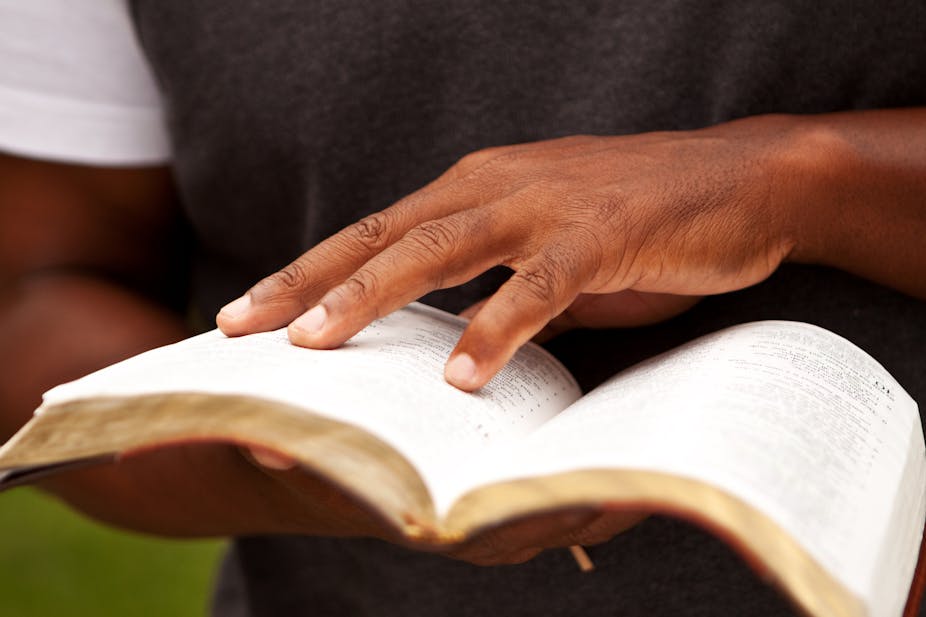Alcohol and other drug use and risky sexual behaviour remain high among adolescents across the globe. It’s estimated that more than a quarter of 15 to 19 year-olds drink alcohol – 45% of these engage in heavy episodic or binge drinking. Nine out of 10 smokers started by the age of 18.
The problem is acute in sub-Saharan Africa too, where risky sexual behaviour is a big challenge given the high HIV infection rates.
The question we set out to answer was: is frequency of engaging in religious activities and events – what we call religiosity – associated with these kind of behaviours?
To answer this question we looked at data collected in a survey done in 2011 of 20,227 learners in 240 public high schools in the Western Cape province of South Africa. Learners completed questionnaires about various aspects of their lives including past and current drug use and sexual behaviour. They also answered questions about how often they took part in religious services or activities. We made no distinction between types of religion because high religiosity can be evident regardless of religious affiliation.
We analysed the portion of learners who said they participated in religious activities, engaged in risky sexual behaviour, and used alcohol and other drugs in the past 30 days. Additionally, we looked at the association between religiosity, alcohol, other drug use and risky sexual behaviours.
We found that learners reporting high religiosity were significantly less likely to have consumed alcohol or used drugs in the previous 30 days. These learners were also less likely to engage in risky sexual behaviours.
Overall we found that nearly three quarters of learners reported attending religious activities at least once or twice per month. This was higher among female learners than male learners.
But our study design can’t tell with certainty whether there is a causal relationship between religiosity and alcohol and drug use and risky sexual behaviours. In other words we were unable to say with certainty whether being religious caused learners to abstain from these activities. What we do know is that there is an association between the two.
Our findings support a systematic review on religiosity, spirituality and health which suggested that there’s a link between higher religious or spiritual beliefs and positive health behaviours. It looked at original research published in peer reviewed journals between 1872 and 2010.
The role of religiosity
One way religiosity is thought to influence positive health outcomes or behaviours is by imparting meaning, purpose in life, and peace of mind to individuals. A study done in Brazil found that meaning and peace were associated with less stress and better quality of life.
This suggests that people with high religious involvement may be less likely to resort to the use of alcohol or drugs as coping mechanisms in stressful situations.
Religiosity also involves interaction and cohesion within groups where the social or religious norms typically discourage engaging in behaviours that may be harmful or risky for health (such as avoiding drugs and alcohol) or may be considered to be morally unacceptable, such as sex before marriage.
What Next
Our study calls for further exploration of how religious practice could serve as one platform (among others) for alcohol, drug use and risky sexual behaviours interventions for young people.
A starting point could be to borrow a leaf from a faith-based HIV prevention intervention in the US. The programme involved a number of activities that church leaders could choose from. These include getting trained to foster an environment in which young people can more openly talk about HIV and sexually transmitted infections.

